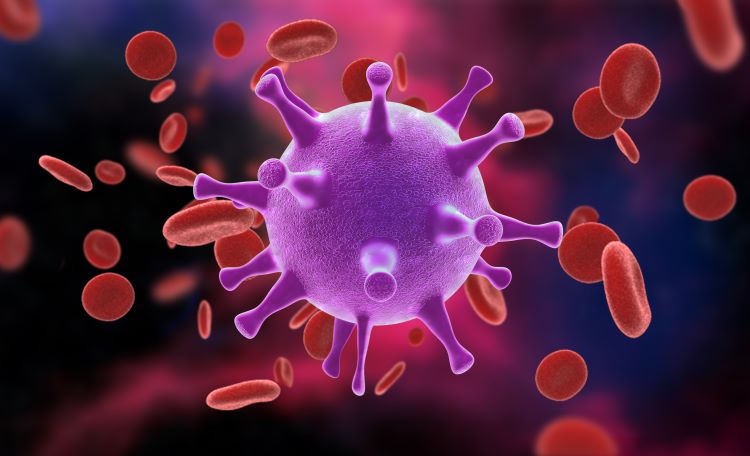FDA approves first capsid inhibitor for HIV
Posted: 23 December 2022 | Caroline Peachey (European Pharmaceutical Review) | No comments yet
Gilead’s Sunlenca (lenacapavir) is the first capsid inhibitor to be FDA-approved for treating HIV-1.


The US Food and Drug Administration (FDA) has approved Gilead’s Sunlenca (lenacapavir), a capsid inhibitor for adults living with human immunodeficiency virus type 1 (HIV-1), who cannot be successfully treated with other available treatments.
Sunlenca is the first of a new class of drugs called capsid inhibitors to be approved by the FDA for treating HIV-1. Sunlenca works by blocking the HIV-1 virus’ protein shell (the capsid), thereby interfering with multiple essential steps of the viral lifecycle.
The starting dose of Sunlenca is given as oral tablets and subcutaneous injections, followed by maintenance injections once every six months. Sunlenca is given in combination with other antiretrovirals.
The safety and efficacy of Sunlenca were established through the multicentre Phase II/III CAPELLA clinical trial, involving 72 patients whose HIV infections were resistant to multiple classes of HIV medications. The patients involved had to have high levels of virus in their blood despite being on antiretroviral drugs.
As part of the trial, patients were enrolled into one of two study groups. One group was randomised to receive either Sunlenca or placebo in a double-blind fashion. The second group received open-label Sunlenca. The primary measure of efficacy was the proportion of patients in the randomised study group who achieved a certain level of reduction in virus during the initial 14 days compared to baseline.
In this group, 87.5 percent of patients who received Sunlenca achieved such a decrease in virus compared to 16.7 percent of patients who received a placebo. After 26 weeks of Sunlenca plus other antiretrovial drugs, 81 percent of participants in the first group achieved HIV RNA suppression, where levels of HIV were low enough to be considered undetectable. After 52 weeks, 83 percent of participants continued to have HIV RNA suppression.
The most common adverse reactions with Sunlenca were injection site reactions (swelling, pain or redness) and nausea.
“Today’s approval ushers in a new class of antiretroviral drugs that may help patients with HIV who have run out of treatment options,” said Debra Birnkrant, MD, director of the Division of Antivirals in the FDA’s Center for Drug Evaluation and Research. “The availability of new classes of antiretroviral medications may possibly help these patients live longer, healthier lives.”
Daniel O’Day, Chairman and Chief Executive Officer, Gilead Sciences added: “This news is an important milestone in the work to help end the HIV epidemic as Sunlenca is now the only FDA-approved twice-yearly treatment for people with multi-drug resistant HIV.”
In August 2022, the European Commission (EC) granted marketing authorisation for use of Sunlenca® (lenacapavir) injection and tablets in adults with multi-drug resistant HIV infection.
Related topics
Big Pharma, Clinical Trials, Drug Safety, Regulation & Legislation









